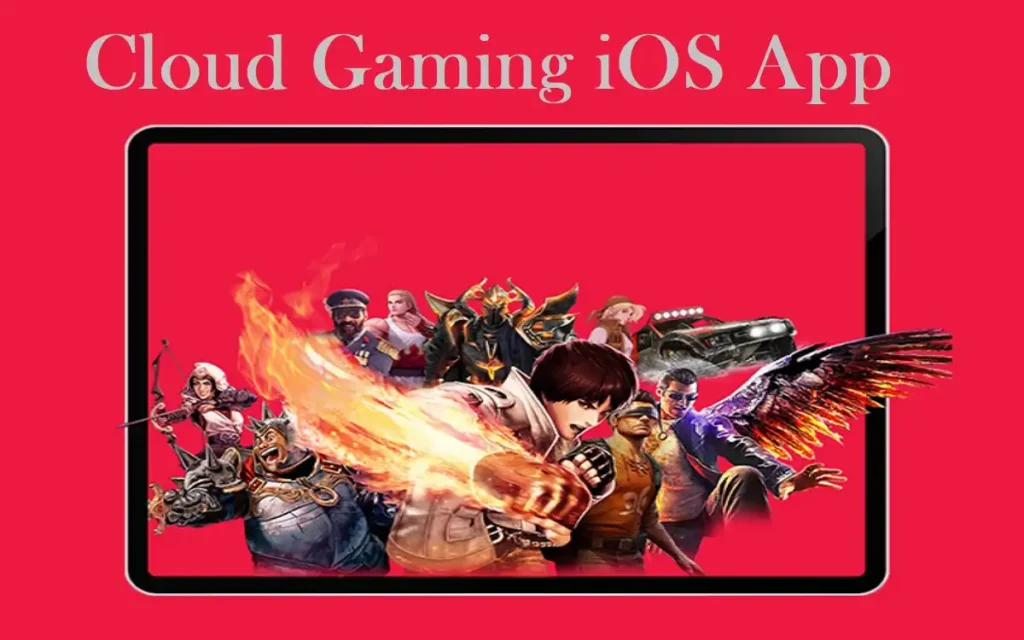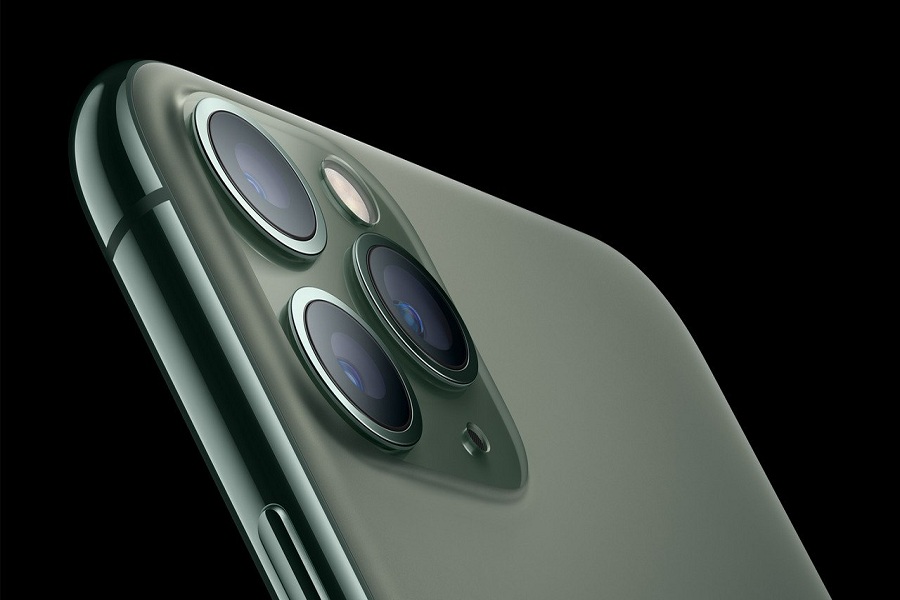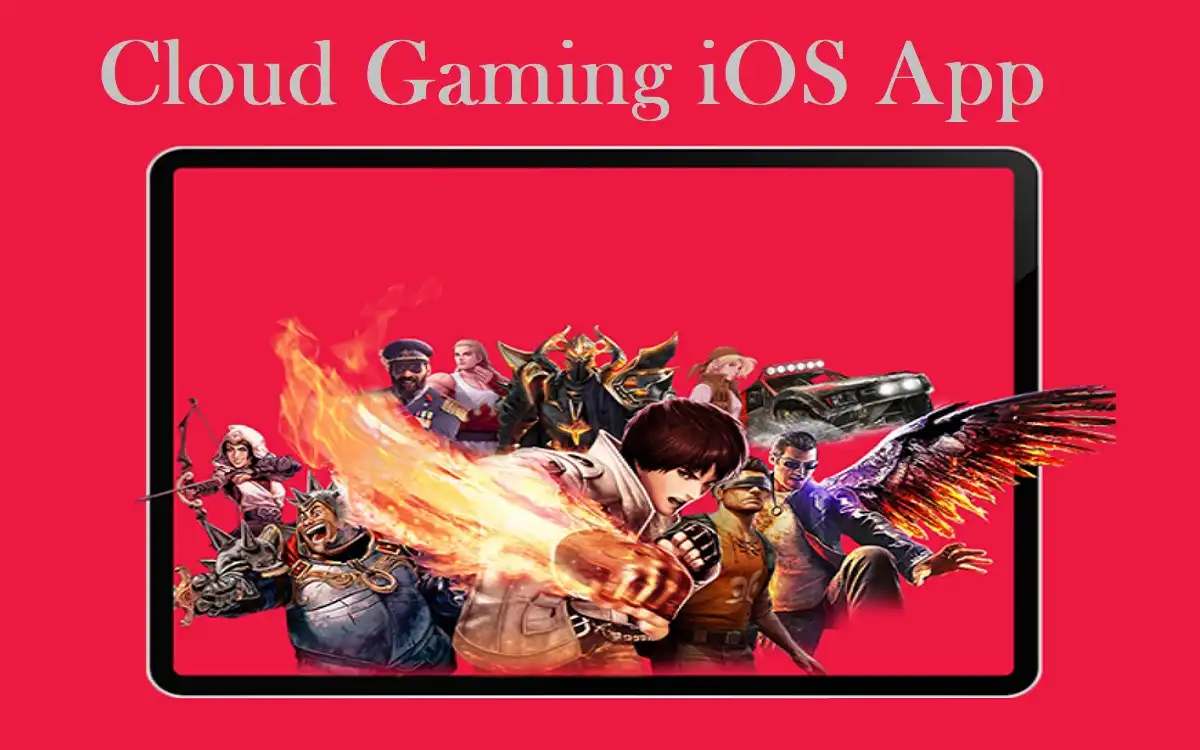Introduction
Cloud Gaming iOS App gaming has emerged as a revolutionary technology, promising console-quality gaming experiences on smartphones and tablets. However, the path to bringing these services to iOS devices has been fraught with obstacles, particularly for tech giant Microsoft. This information is about the cloud gaming on iOS where the challenges faced by Microsoft’s Xbox Cloud Gaming service. And the broader implications for the future of mobile gaming.
Recent Released: Why Apple Podcasts Losing Market Share?
The Promise and Potential of Cloud Gaming
Cloud Gaming iOS App represents a paradigm shift in how we consume video games. By leveraging powerful remote servers to stream games directly to devices. Cloud gaming services aim to make high-quality gaming experiences accessible to a broader audience, regardless of their hardware capabilities. This technology has the potential to democratize gaming. Allowing players to enjoy AAA titles on their smartphones, tablets, or low-end computers.
Microsoft’s Vision for Xbox Cloud Gaming
Microsoft, with its vast experience in both gaming and cloud services, has been at the forefront of this revolution with its Xbox Cloud Gaming service (formerly known as Project xCloud). The company’s vision is to create a seamless gaming ecosystem where players can access their favorite Xbox titles. Across multiple devices, including iOS smartphones and tablets.
The Apple App Store: A Walled Garden

Apple’s Guidelines and Their Impact on Cloud Gaming
Apple’s App Store has long been known for its strict guidelines and rigorous approval process. While these policies have contributed to a high-quality app ecosystem, they have also presented significant challenges for cloud gaming services. The core issues stem from Apple’s approach to app distribution, in-app purchases, and content control.
The 30% Commission Conundrum
At the heart of the conflict between Microsoft and Apple lies the notorious 30% commission fee on in-app purchases (IAP). This fee, which Apple charges for all digital content sold through Cloud Gaming iOS App, has been a major point of contention not just for Microsoft. But for many developers and services across various industries.
For cloud gaming services like Xbox Cloud Gaming, this fee poses a significant economic challenge. Microsoft argues that the 30% cut makes it “economically unviable” to monetize its service effectively on iOS. The company contends that this fee is “neither economically sustainable nor justifiable” in the context of cloud gaming. Where the content is primarily streamed rather than downloaded.
Content and Feature Parity Requirements
Another significant hurdle is Apple’s requirement for content and feature parity across platforms. The App Store guidelines mandate that all content. Subscriptions, and features available in an iOS app must be offered as in-app purchases. This policy severely limits Microsoft’s ability to differentiate its offerings or provide iOS-specific content and features.
Technical Challenges and Limitations
In-App Purchase Integration
Integrating Apple’s in-app purchase system across an entire library of cloud-streamed games presents a substantial technical challenge. Each game would need to be recoded to comply with Apple’s IAP requirements. A task that is impractical and resource-intensive for cloud gaming services with extensive game libraries.
Web App Limitations for Cloud Gaming iOS App
In response to App Store restrictions, Microsoft has opted to offer Xbox Cloud Gaming through web browsers on iOS devices. However, this workaround comes with its own set of limitations:
- Performance issues due to Apple’s WebKit requirement
- Limited access to device hardware features
- Reduced discoverability compared to native apps
- Inferior user experience compared to native applications
Apple’s Perspective and Counterarguments
Support for Cloud Gaming
Apple maintains that it does support cloud gaming services on Cloud Gaming iOS App. Pointing to the existence of other cloud gaming apps on the App Store, such as Antstream. The company argues that its guidelines are designed to protect users and ensure a high-quality app ecosystem.
Recent Guideline Changes
In 2024, Apple made several changes to its App Store guidelines in an attempt to accommodate cloud gaming services:
- Removal of the old Rule 4.9, replaced with new Rule 4.7
- Allowing a single app to stream multiple games
- Permitting mini-apps, mini-games, chatbots, and plug-ins within a single app
- Adjustments to support retro game console emulator apps and PC emulator games
Despite these changes, Microsoft and other cloud gaming providers argue that the fundamental issues. Particularly the IAP requirement and the 30% commission, remain unresolved.
Apple App Store vs. Google Play Store
To better understand the unique challenges posed by Apple’s policies, it’s helpful to compare the App Store guidelines with those of its primary competitor, the Google Play Store.
| Aspect | Apple App Store | Google Play Store |
| Approval Process | Rigorous human review | More automated, ML-based |
| Update Approval | Each update requires review | Faster, more lenient process |
| IAP Requirement | Mandatory for all digital content | More flexible, exploring alternatives |
| Commission Fee | 30% (15% for small businesses) | 30% (15% for first $1M annually) |
| Cloud Gaming Stance | Restrictive, with recent adjustments | More accommodating |
| ASO Factors | App title, keyword field | Keyword density in description, backlinks |
| Visual Presentation | Up to 10 screenshots, 3 in search results | 8 screenshots, only in branded searches |
This comparison highlights the more controlled environment of the App Store, which prioritizes quality and user experience at the cost of flexibility for developers. In contrast, the Google Play Store offers greater freedom but may result in a wider variance in app quality.
The Broader Implications for the Gaming Industry
The ongoing dispute between Microsoft and Apple over Cloud Gaming iOS App has far-reaching implications for the gaming industry as a whole:
- Market Access: Apple’s policies effectively limit access to a significant portion of the mobile gaming market, potentially stifling innovation in cloud gaming.
- Competition: The restrictions may give Apple an unfair advantage in the gaming space, particularly as it develops its own gaming services.
- Developer Relations: The conflict highlights growing tensions between major tech companies and app store operators, which could lead to regulatory scrutiny and industry-wide changes.
- Consumer Choice: iOS users may have limited access to cloud gaming services, potentially missing out on the benefits of this emerging technology.
Microsoft’s Alternative Strategies
Faced with these challenges, Microsoft has been exploring alternative strategies to bring Xbox Cloud Gaming to a wider audience:
- Web-Based Solution: Continuing to offer the service through web browsers on iOS devices.
- Focus on Android: Prioritizing development and marketing efforts on the more accommodating Android platform.
- Own Mobile Storefront: Developing its own mobile app store to bypass Apple’s restrictions.
- Partnerships: Exploring collaborations with ISPs, mobile carriers, and other companies to bundle Xbox Cloud Gaming with their services.
- Subscription Pricing Adjustments: Potentially adjusting pricing for iOS users to account for Apple’s commission.
The Role of Regulatory Bodies
The dispute between Microsoft and Apple has not gone unnoticed by regulatory bodies. The UK’s Competition and Markets Authority (CMA) has launched an investigation into mobile browsers and cloud gaming, which could have significant implications for App Store policies in the future.
This regulatory scrutiny highlights the growing concern over the power wielded by app store operators and could potentially lead to new regulations that reshape the mobile app ecosystem.
At Last
The challenges faced by Microsoft in bringing Xbox Cloud Gaming to iOS devices underscore the complex interplay between technological innovation, business models, and platform policies in the modern digital landscape. While Apple’s recent guideline changes show a willingness to adapt, significant barriers remain for Cloud Gaming iOS App.
As the industry continues to evolve, it’s clear that finding a balance between platform control and developer freedom will be crucial. The outcome of this ongoing dispute could shape the future of not just cloud gaming, but the broader app ecosystem and the way we consume digital content on mobile devices.
The coming years will likely see continued negotiations, potential regulatory interventions, and innovative solutions as companies like Microsoft strive to bring cloud gaming to all mobile users, regardless of their chosen platform. For now, the dream of seamless, cross-platform cloud gaming remains just out of reach for iOS users, but the potential benefits ensure that this is a battle worth fighting for the future of gaming.
For More Apple Tech Update Visit Considering Apple






